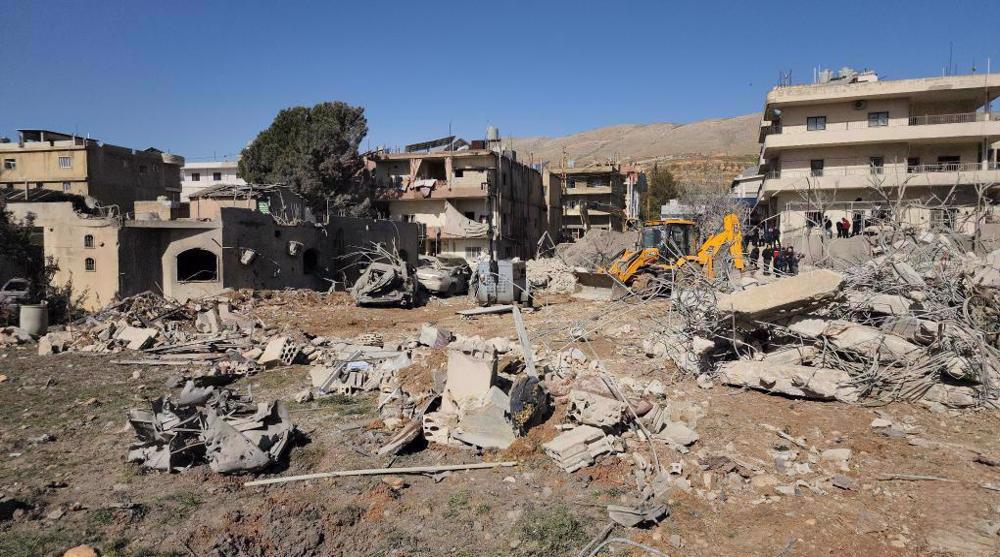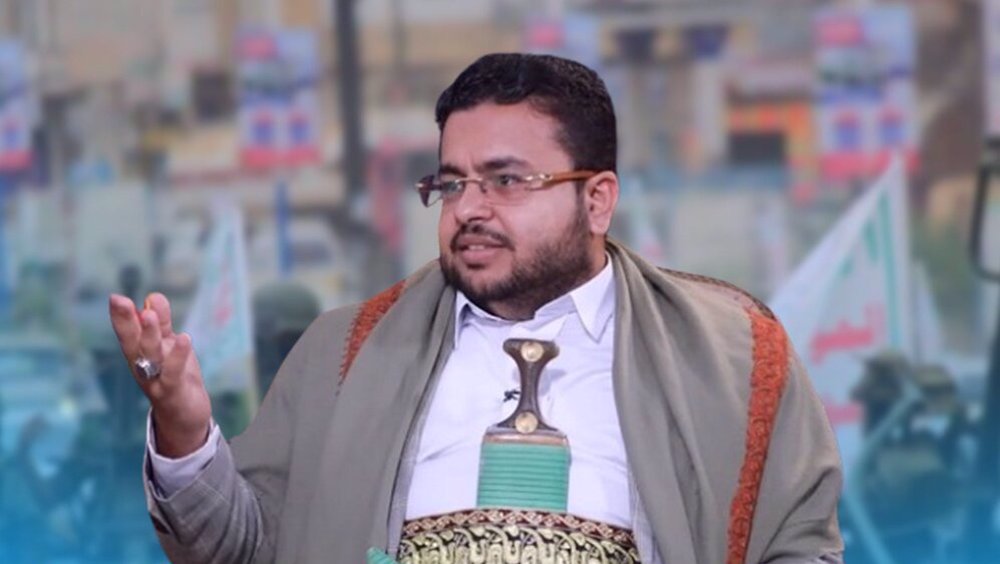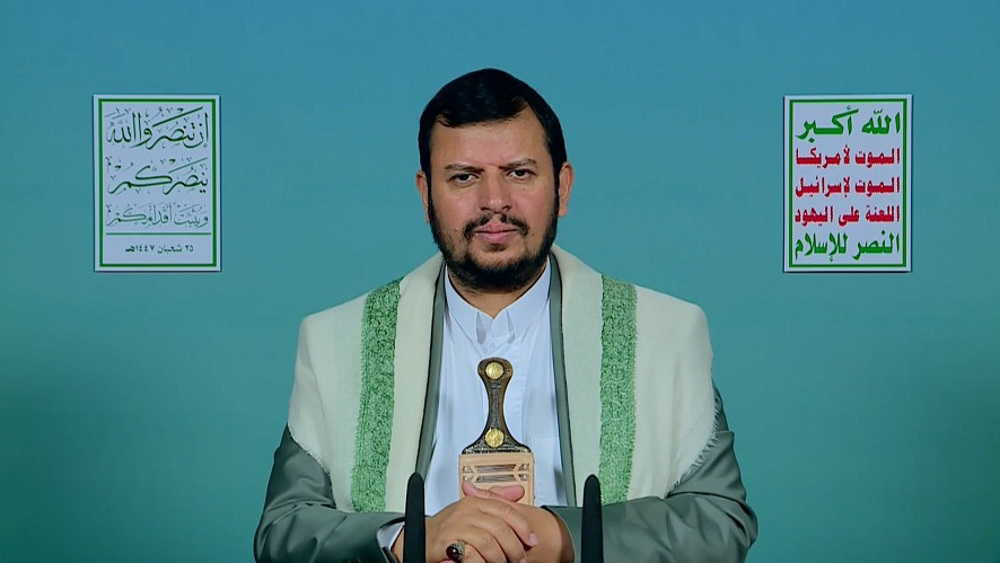UAE says reducing number of troops in Yemen in strategy shift towards 'peace'
The United Arab Emirates says it is reducing the number of its troops fighting as part of a Saudi-led military coalition which presses ahead with a years-long atrocious military aggression against the impoverished Yemen.
A senior Emirati official during a press briefing in Dubai on Monday claimed that the withdrawal took place because Abu Dhabi was shifting from a military strategy to a peace plan in Yemen.
"We do have troop levels that are down for reasons that are strategic in (the Red Sea city of) Hudaydah and reasons that are tactical" in other parts of the country, he said.
"It is very much to do with moving from what I would call a military-first strategy to a peace-first strategy, and this is I think what we are doing," the official added.
Meanwhile, an official from Yemen's former Saudi-backed government told AFP that UAE troops had "totally vacated" the military base in Khokha, located about 130 kilometers (80 miles) south of the Yemeni city Hudaydah.
He went on to say that the UAE had withdrawn part of its heavy artillery from Khokha but was still overseeing the military situation in Yemen's west coast.
The Yemeni official also said Emirati troops vacated a military post in Sarwah, west of Marib province, and pulled back the Patriot missile system that was previously deployed in the area.
Western diplomatic sources said in late June that the UAE was scaling back its military presence in Yemen as worsening US-Iran tensions “threatened security closer to home.”
Saudi Arabia has been leading a coalition of its vassal states in waging war on Yemen since March 2015 to reinstall former president Abd Rabbuh Mansour Hadi, who resigned from presidency and fled to Riyadh in January 2015 amid popular outcry over corruption and mismanagement of the economy. Houthi Ansarullah fighters then took over state matters to prevent the country from descending into chaos.
But Hadi, who initially fled to Saudi Arabia, started to reclaim a right to power when Riyadh agreed to form the coalition to drive out the Houthis, whom the Saudi regime accuses of being “Iranian-backed.”
That war has been unsuccessful to this day, and reports have revealed cracks in the coalition in the form of differences between Hadi and the UAE, which has reportedly gained oversized influence in southern Yemen.
Tensions between Riyadh and Abu Dhabi — yet to play out in full display — could have major consequences for the Saudi-led coalition, which has for more than four years been fighting a war it hoped to finish in a matter of weeks.
In May,the UAE reportedly deployed dozens of southern separatists on the Yemeni island of Socotra in the Arabian Sea as divisions grew in the Saudi-led coalition over Abu Dhabi’s military build-up on the strategic island.
Citing sources close to Hadi, the Middle East Eye news website earlier said in a report that Hadi was angry at Emirati forces for acting “like an occupation power” in Yemen.
The US-based Armed Conflict Location and Event Data Project (ACLED), a nonprofit conflict-research organization, estimates that the Saudi-led war has claimed the lives of over 60,000 Yemenis since January 2016.
The war has also taken a heavy toll on the country’s infrastructure, destroying hospitals, schools, and factories. The UN says over 24 million Yemenis are in dire need of humanitarian aid, including 10 million suffering from extreme levels of hunger.
Iran’s layered arsenal primed to deter – and decimate – US warships in Persian Gulf
Iranian commander dismisses US military buildup in West Asia as ‘theatrical gesture’
Trump ‘curious’ why Iran hasn’t ‘capitulated’ despite massive US military buildup: Witkoff
Hawkish US senator pushes Trump to ignore aides, press ahead with war against Iran
Far-right, anti-Islam protest sparks counter-protests in Manchester
Press TV's news headlines
Sudan’s mining sector suffers $7 billion loss amid ongoing civil war
Ansarullah slams Israel’s massacre in east Lebanon, urges unified Arab action












 This makes it easy to access the Press TV website
This makes it easy to access the Press TV website